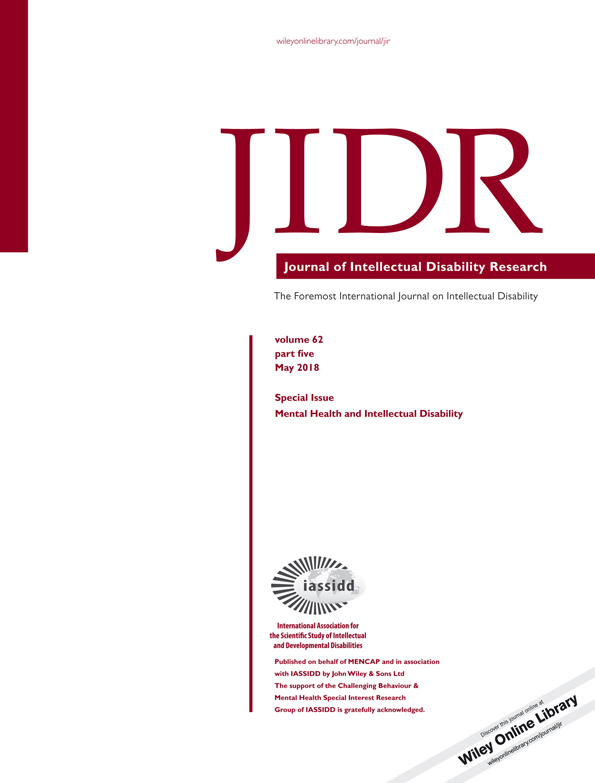The relationship between physical ill-health and mental ill-health in adults with intellectual disabilities
Abstract
Background
People with intellectual disabilities face a much greater burden and earlier onset of physical and mental ill-health than the general adult population. Physical–mental comorbidity has been shown to result in poorer outcomes in the general population, but little is known about this relationship in adults with intellectual disabilities.
Aims
To identify whether physical ill-health is associated with mental ill-health in adults with intellectual disabilities and whether the extent of physical multi-morbidity can predict the likelihood of mental ill-health. To identify any associations between types of physical ill-health and mental ill-health.
Method
A total of 1023 adults with intellectual disabilities underwent comprehensive health assessments. Binary logistic regressions were undertaken to establish any association between the independent variables: total number of physical health conditions, physical conditions by International Classification of Disease-10 chapter and specific physical health conditions; and the dependent variables: problem behaviours, mental disorders of any type. All regressions were adjusted for age, gender, level of intellectual disabilities, living arrangements, neighbourhood deprivation and Down syndrome.
Results
The extent of physical multi-morbidity was not associated with mental ill-health in adults with intellectual disabilities as only 0.8% of the sample had no physical conditions. Endocrine disease increased the risk of problem behaviours [odds ratio (OR): 1.22, 95% confidence interval (CI): 1.02–1.47], respiratory disease reduced the risk of problem behaviours (OR: 0.73, 95% CI: 0.54–0.99) and mental ill-health of any type (OR: 0.73, 95% CI: 0.58–0.92), and musculoskeletal disease reduced the risk of mental ill-health of any type (OR: 0.84, 95% CI: 0.73–0.98). Ischaemic heart disease increased the risk of problem behaviours approximately threefold (OR: 3.29, 95% CI: 1.02–10.60).
Conclusions
The extent of physical multi-morbidity in the population with intellectual disabilities is overwhelming, such that associations are not found with mental ill-health. Mental health interventions and preventative measures are essential for the entire population with intellectual disabilities and should not be focussed on subgroups based on overall health burden.
Conflict of Interest
None.




